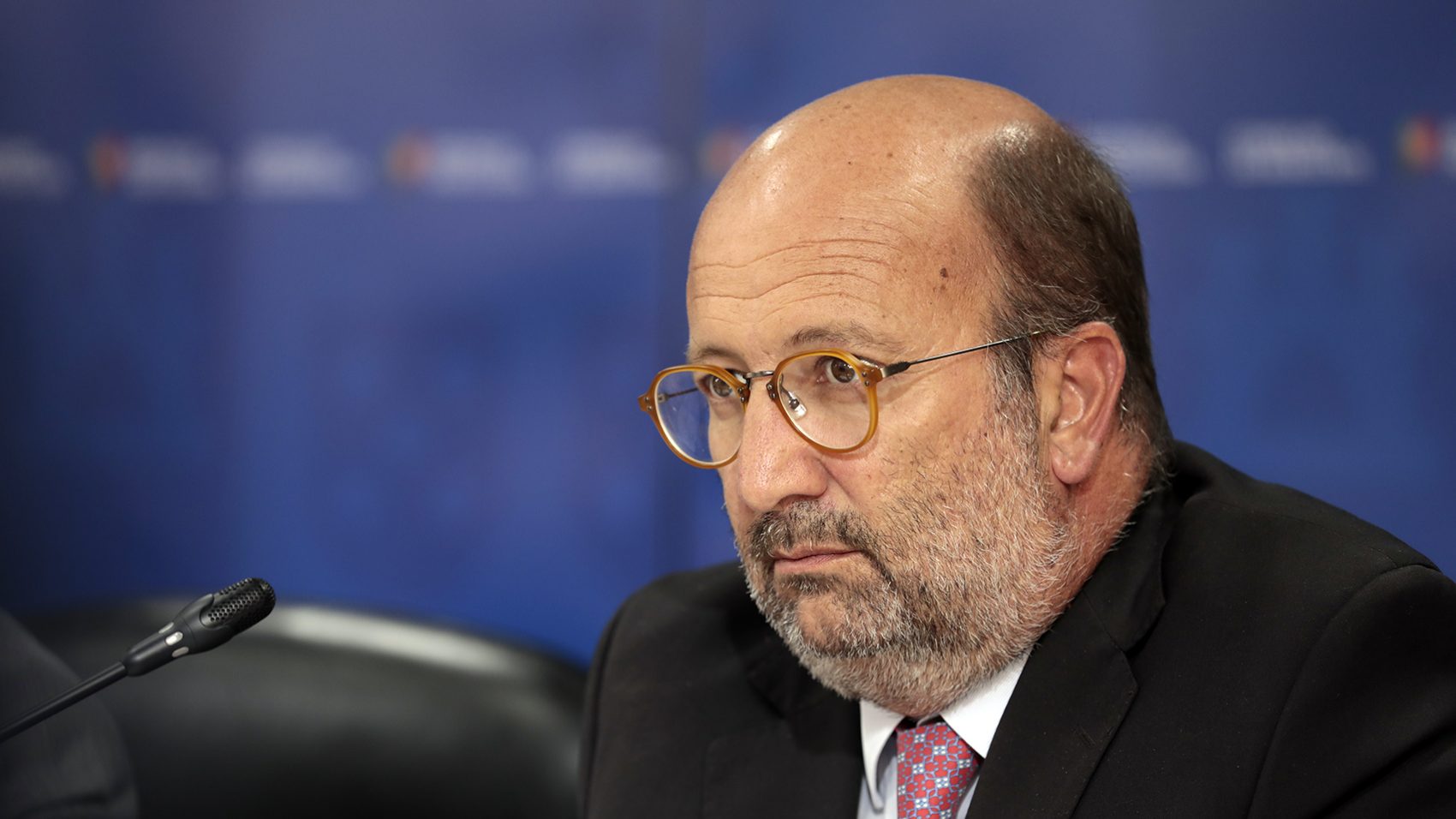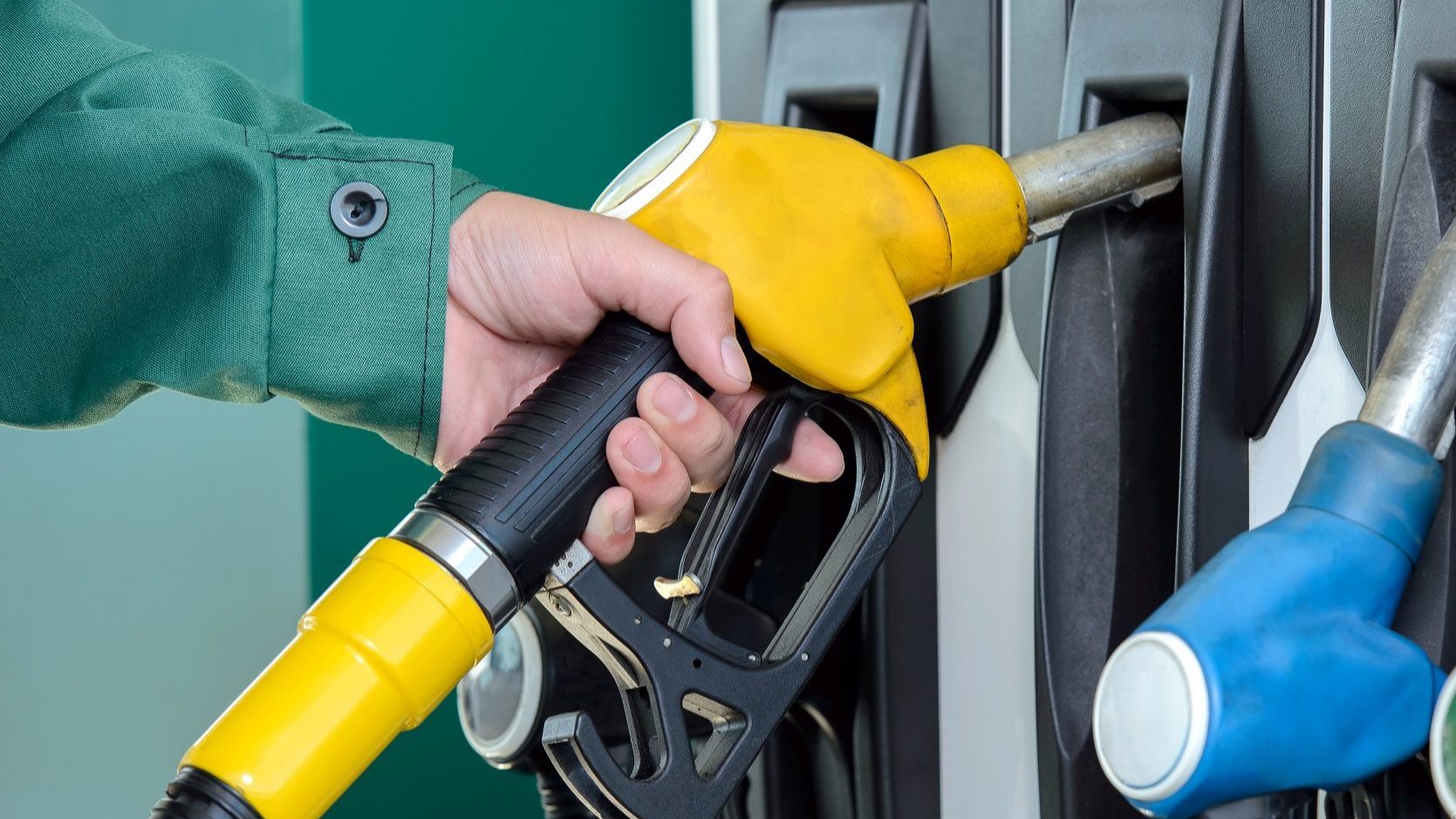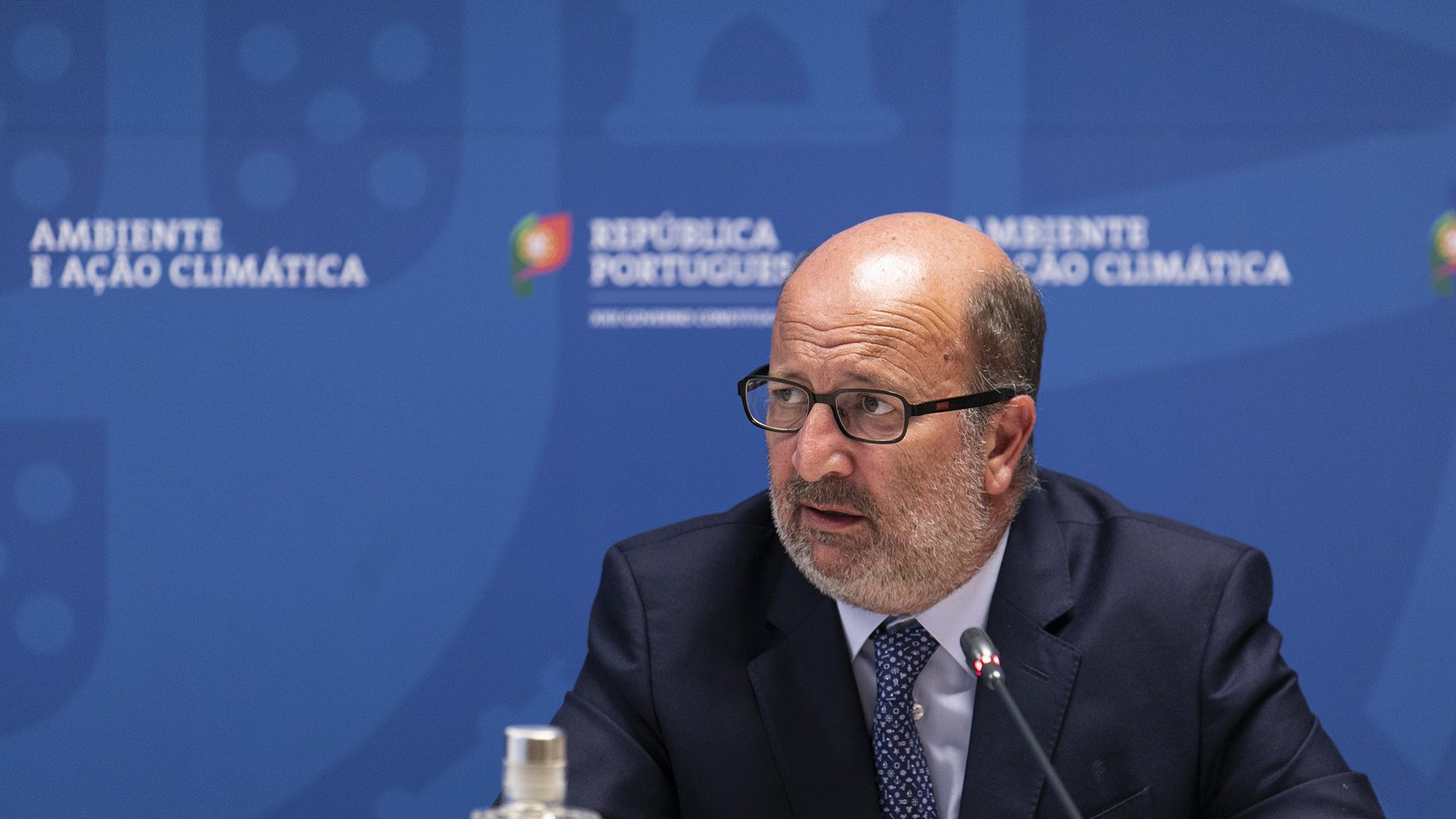‘More sense for state to reduce electricity prices than fuel prices’ – energy secretary
"It is more rational to subsidise the energy source of the future than to subsidise temporarily, and at great cost, the energy source of the past," said João Galamba
The secretary of state for energy considered on Friday that it makes more sense for the government to reduce the price of electricity than to spend public resources on reducing fuel prices, because there is less capacity to intervene.
“It is more rational to subsidise the energy source of the future than to subsidise temporarily, and at great cost, the energy source of the past,” said João Galamba, when questioned about the reduction in energy prices at the conference on the Recovery and Resilience Plan (PRR), organised by ECO and Novo Banco.
The minister said that companies and families have energy costs both in electricity and fuel and that the important thing is that “the government is committed to reducing energy costs” in general terms.
Thus, he argued, “it makes more sense to concentrate on lowering the price of electricity than “wasting public funds with a minimum impact” on reducing the price of fossil fuels (diesel, petrol), because the government has little capacity to intervene in that market, which depends a lot on the supply of oil.
“The cost to lower fuel prices by two or three cents is enormous,” he said.
At this conference, on the price of electricity, Galamba also said that “the relative behaviour of the price of electricity in Portugal compared to other European countries will improve significantly.”
On the sidelines of the conference, the secretary of state did not want to make a statement to Lusa, neither about the announcement of the Ministry of Environment to intervene in fuel margins, nor about his intention, reported this week by Jornal de Negócios, to extend the ceiling of electricity with a 13% VAT rate.
According to Jornal de Negócios, he said there is a possibility of a drop in electricity prices in 2022, with the government considering, with the negotiations of the next State Budget, the increase of the monthly limits of 100 kWh and 150 kWh on which the intermediate rate of 13% VAT applies for contracted power of up to 6.9 kVA.
This week, in Parliament, environment and climate action minister João Pedro Matos Fernandes announced that he will propose a decree-law that will allow the government to act on fuel marketing margins, so that the market “reflects its true costs”.
According to the minister, the aim is that, whenever there is a decrease in raw material prices, “it is felt and appropriated by consumers instead of appropriated by the marketing margins, avoiding, also, sudden and, potentially, unjustified increases.”


